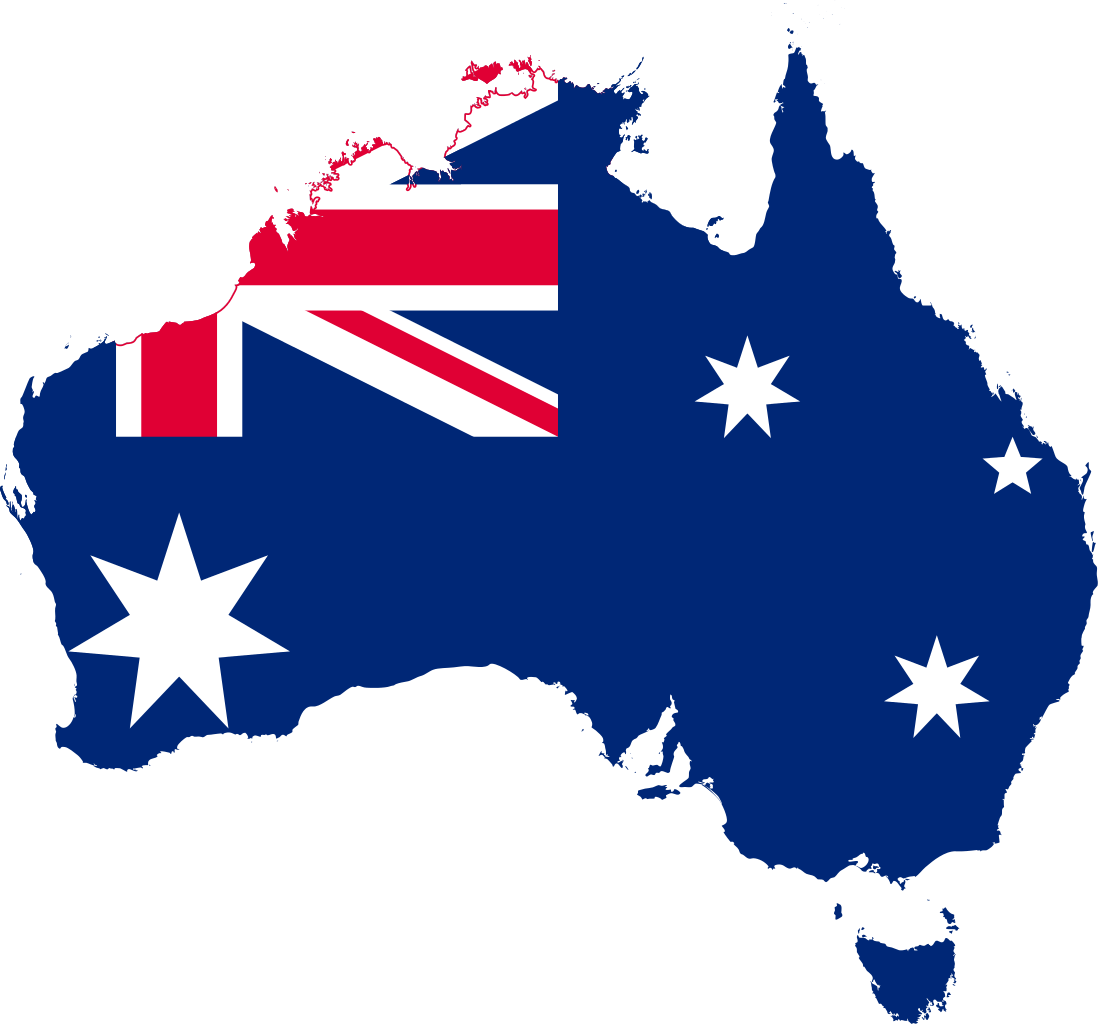 Parler
Parler Gab
Gab
Australian parliament says COVID-19 claims responsible for rise in "misinformation"
Khalil blamed the rise in misinformation with the period in Australia when the country's Wuhan coronavirus (COVID-19) pandemic lockdowns began and the security environment in Australia began rapidly fluctuating to be broadly in favor of more government control over Australian social life. "The committee received evidence of how misinformation and disinformation both COVID related and then, more broadly, contributed to the rapid change in the security environment during 2020 and 2021," he said, claiming that the wave of so-called misinformation during the early days of the pandemic significantly amplified the country's security concerns and thus necessitate the AIC's robust redressal. Despite calling for the AIC to come out more against online misinformation, the joint committee claimed that amidst the changing strategic environment and the significant impact of COVID-19 on Australia, the AIC "largely worked in an effective and increasingly collaborative manner." "The Committee found that, on the whole, agencies performed their roles well, particularly considering the challenging operational environment faced over the reporting period," said Khalil. The "suggestion" by the parliament to the AIC on tackling online misinformation will be received very controversially by free speech advocates in Australia and abroad who caution about government overreach. This recommendation is also just one of four other suggestions put forward by the Intelligence and Security Joint Committee in its latest annual review of the AIC. Two of the other three recommendations focused on improving the sharing of information by the six agencies with the joint committee as well as with the auditor-general, the main watchdog institution for the Australian parliament and government. Other recommendations included improving information sharing between the six agencies of the AIC and the four agencies of the National Intelligence Community – which includes the Australian Federal Police and Australian Border Force. The last recommendation addressed staffing issues within the AIC's sister organization, the National Intelligence Community (NIC) – a group of four agencies that includes the Australian Federal Police, the Australian Border Force and the Australian Criminal Intelligence Commission. This specific recommendation asked that the Office of National Intelligence, a member of the AIC, work with the NIC to develop a more consistent data collection program for its workforce, with a focus on recruiting and retaining talent for the NIC. "The people who work in Australia's intelligence agencies are our greatest asset. By developing a whole-of-NIC recruitment and retention strategy, Australia will be better positioned to deliver on its intelligence priorities," said Khalil. "This includes securing a recruitment pipeline through effective security clearance processes as well as maintaining the 'value-proposition' agencies offer, to remain market competitive." Learn more about attempts by governments around the world to limit online speech at Censorship.news. Watch this clip from Nine News in Australia reporting on the Western Australia Police's new tyrannical search powers. This video is from the channel Alex Hammer on Brighteon.com.More related stories:
WeChat facing potential BAN in Australia over repeated no-shows at government hearings. Aussie gov't gives Elon Musk 28 DAYS to combat "online hate" on Twitter. Australia launches CBDC test program, complete with carbon credit trading. Australia's largest bank is now tracking the carbon emissions of its clients through their financial transactions. Australia following Communist China's footsteps with digital ID. Sources include: ReclaimTheNet.org AU.News.Yahoo.com NationalTribune.com.au Brighteon.comBiden opens America to migrants fleeing their homelands due to EXTREME WEATHER
By Belle Carter // Share
House Oversight Committee to subpoena BIDEN CRIME FAMILY over foreign dealings
By Laura Harris // Share
‘Detailed but irrefutable’: Trump to present report on 2020 election fraud in Georgia next week
By News Editors // Share
Governments continue to obscure COVID-19 vaccine data amid rising concerns over excess deaths
By patricklewis // Share
Tech giant Microsoft backs EXTINCTION with its support of carbon capture programs
By ramontomeydw // Share
Germany to resume arms exports to Israel despite repeated ceasefire violations
By isabelle // Share










